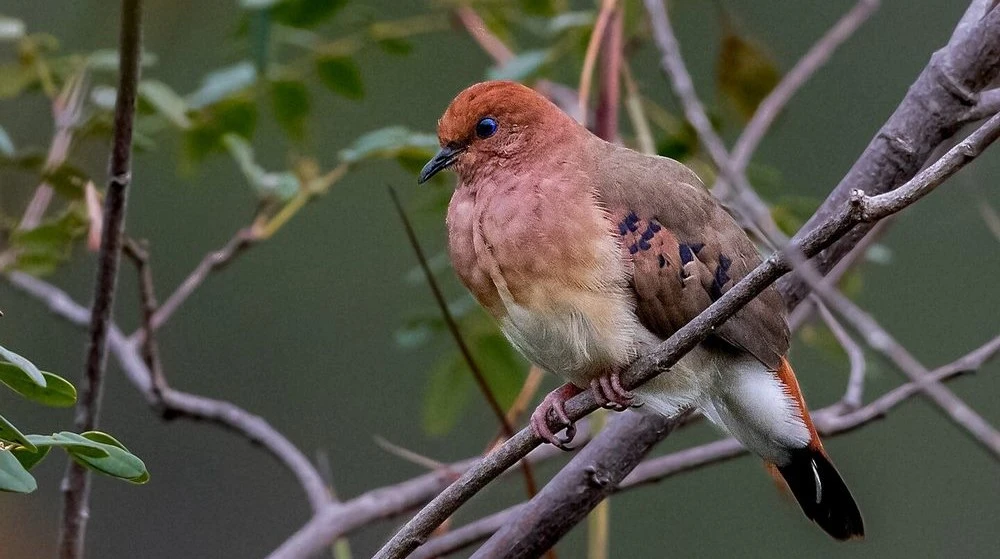A UK zoo is celebrating a major conservation milestone after helping hatch three of the world’s rarest birds — a trio of blue-eyed ground dove chicks — in Brazil. With only around 11 individuals left in the wild, this breakthrough could mark a turning point for the critically endangered species.
The hand-rearing of the chicks took place in Minas Gerais, the only region in the world where the blue-eyed ground dove is found. The successful effort was a collaboration between Chester Zoo in the UK and conservation teams in Brazil and the U.S., including Parque das Aves, SAVE Brasil, and support from the Toledo Zoo and Bronx Zoo.
“This unique species is on the brink of extinction,” said Andrew Owen, Chester Zoo’s Head of Birds. “Without the dedication and passion of all the conservationists involved, including Chester Zoo’s bird staff, this bird may be lost forever.”
The blue-eyed ground dove (Columbina cyanopis) was long considered extinct, with no confirmed sightings for over 70 years — until it was rediscovered in 2015. Since then, conservationists have been racing to protect its dwindling habitat in the Cerrado biome and establish a stable insurance population under human care.
In early 2025, a small number of wild-laid eggs were carefully collected and incubated as part of a high-stakes conservation breeding program. Among those assisting were Chester Zoo experts Andrew Owen and Victoria Kaldis, who traveled to Brazil to offer technical and hands-on support.
“Each hatching represents a real chance to reverse the fate of this species,” said Paloma Bosso, technical director at Parque das Aves. “It is a joy and also a great responsibility.”
The addition of these three chicks doubles the conservation-breeding population now housed at Parque das Aves, which is currently home to six blue-eyed ground doves. All are being carefully monitored as part of a reproductive management plan.
The species’ population collapsed due to extensive habitat destruction, largely from agricultural expansion and timber plantations in the Brazilian savanna. According to the IUCN Red List, it is officially classified as Critically Endangered.
Ben Phalan, head of conservation at Parque das Aves, emphasized the importance of collaboration: “The blue-eyed ground dove depends on the efforts of many people and institutions, so that its song can be heard in the Cerrado for many years to come.”
With each successful hatching, the odds of that song continuing grow a little stronger.
